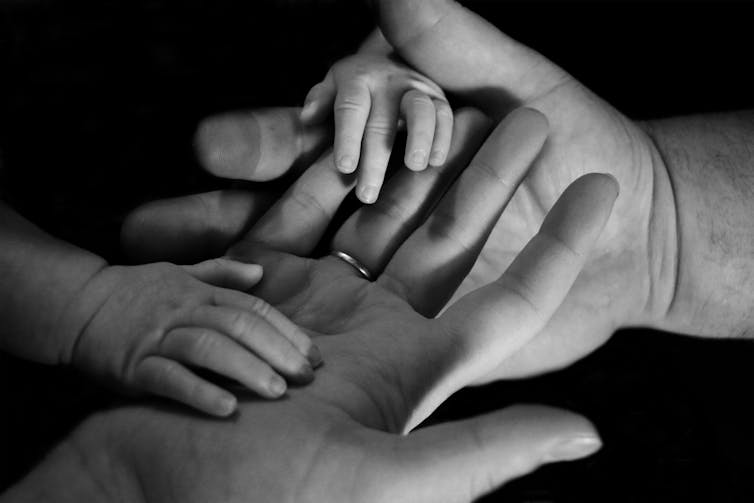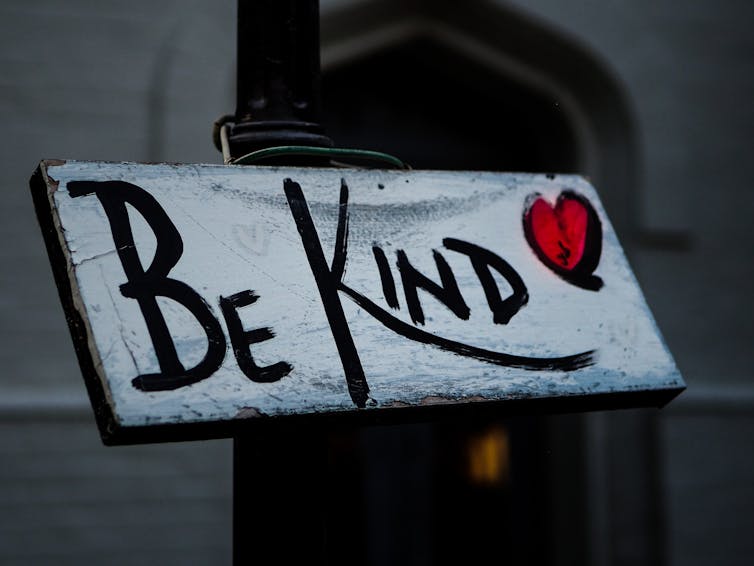
Tina (not her real name), in her early 40s, is an accomplished woman from a Southeast Asian country, with a postgraduate degree under her belt.
Being far away from home for many years, Tina has found that local Southeast Asian communities in her adopted country of Aotearoa New Zealand form her new family. However, interacting with them means that she has to cope with intrusive questions like “are you married?” or “do you have any children?”.
In many Asian communities, questions on marital status and descendants are culturally acceptable. Partly, it’s due to the collectivist cultures, so it’s a “normal” question to ask friends, colleagues or even strangers.
But for Tina, who has been living in Aotearoa New Zealand for several years, the questions make her uncomfortable.
“It is a constant reminder that we are not perfect, or we lack something because we don’t have any children yet. I know they are nice and kind people, and their question is not meant to be harmful, but after a while, I don’t feel comfortable,” said Tina, who has been been dealing with fertility issues for several years.
For Tina, what has been perceived as a “normal” social greeting among Asian communities is felt as a stigma against unmarried and childless women.
Tina is not alone in feeling this way.
Our current research project unpacks how questions about children can carry stigma. We found these questions impact self esteem and women’s connections to their families and communities.
Who we spoke with, and what they said
Focusing our research on Southeast Asian and South Asian women and couples, we interviewed 23 women – including the woman we’ve called Tina – who migrated from their birth country to Aotearoa New Zealand. These respondents have been through fertility issues and involuntary childlessness.
Our preliminary research findings show how questions such as “Are you married?” and “Have you got any children?” are met with different interpretations from the questioner and by the respondent.
From the questioner’s viewpoint, such questions are simply common social or cultural greetings. They are comparable to “how are you?” in the Western world.
But the questions are coming from an assumption that every adult woman in most Asian countries is heterosexual, married and, presumably, a mother.
Assuming that everyone follows a similar cultural path, they ask these questions as part of their social understanding. Our participants understood that the questions are not necessarily coming from a bad place and it should be understood as “social conventions” or part of the “daily greetings”.

But for the women being asked these questions, it can feel stigmatising, scrutinising and even “punishing”.
According to our participants, the questions tend to highlight what they are not, as opposed to what they are, have, or have accomplished. They highlight their “childlessness”, while seemingly discounting their being, either as a woman or as a functional human being.
The impact of stigma – even when unintended
In approaching this issue, we adopted Canadian-American sociologist Erving Goffman’s definition of stigma as an “attribute that is deeply discrediting”, in which an individual is perceived to be an “outlier” or not “normal” within their community.
For our study, we looked at the stigma associated with a “harmless”, “innocent”, and culturally common question, “have you got a child?” – both in the women’s birth countries and in Aotearoa New Zealand.
While the question may seem harmless, our participants found it quite the opposite.
They said the question felt like it devalued their being and positioned them as a tainted and discounted individual, due to their involuntary childlessness.
This question has given the participants space to revisit their identity as a woman, as an Indonesian, as a Malay, as an Indian, as a Sri Lankan, and as an Asian – but not in a favourable way.
Reduced social connections and self-esteem
We also learn that there are several social consequences and impacts from the question about children.
First, this stigma has caused social withdrawal and social exclusion among several of these women, both from the ethnic communities in Aotearoa New Zealand and from their relatives in their birth countries.
We found that our female respondents received more questions and shared more shame and blame about their childlessness than their husbands. They were stigmatised both in their ethnic communities in Aotearoa New Zealand and in their home countries, by their extended family members, such as uncles, aunties, even nephews and also acquaintances.
These have caused them to withdraw from the social ethnic gatherings in Aotearoa New Zealand. Subsequently, they tried to distance themselves from connecting to their family back in their home country by, for example, calling family less often, so they didn’t need to answer the same old questions.
Other couples tend to shorten their vacation time – such as cutting a one month holiday to two weeks – to protect themselves from social and public scrutiny.

Questions about children or being married have also caused women to suffer from low self-esteem.
Our respondents reported that the stigma not only devalued, rejected and excluded them from their social groups, but also positioned them as a “less perfect” woman.
Thus, social exclusion and withdrawal were often the defence mechanism to protect themselves from their “own” people’s scrutiny and judgement.
After being psychologically and physically exhausted from all the fertility treatments, protecting themselves from social judgement was the least they can do for their emotional health and well-being.
It’s time to rethink if the questions we ask and treat as “part of our Asian-ness” are really so harmless.
Nelly Martin-Anatias receives funding from Marsden.
Sharyn Graham Davies receives funding from Marsden.
This article was originally published on The Conversation. Read the original article.







